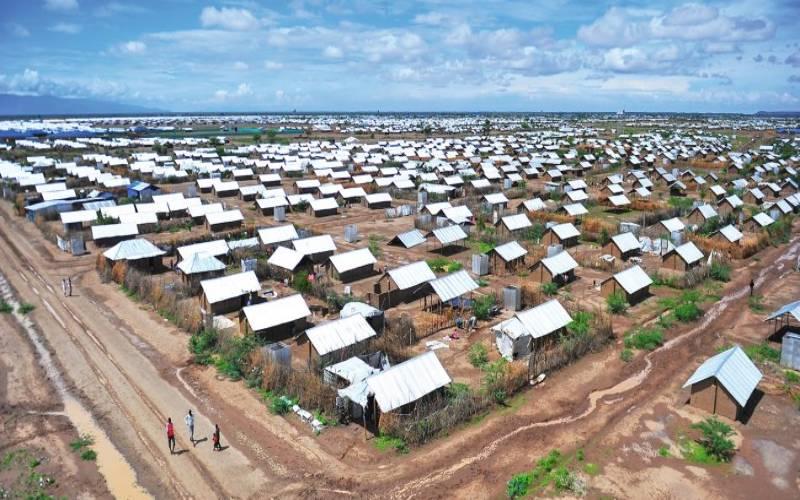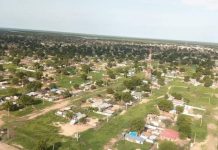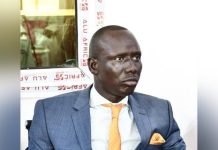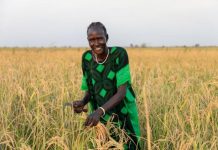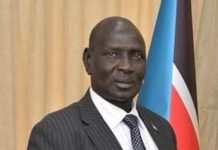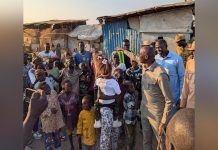James Atem
Africa-Press – South-Sudan. About 100 people with South Sudanese roots who have been living in Iraq will soon regain their citizenship after losing it for more than a decade.
The 17 families emigrated and lived in Iraq after leaving Sudan during the liberation wars, but they forfeited their Sudanese citizenship in 2011 after South Sudan seceded from Sudan following a landmark referendum.
Nothing had been known about them until recently when they were discovered and reported to authorities at the Ministry of Foreign Affairs and International Cooperation by another South Sudanese.
Speaking to The City Review yesterday, Deng Dau Deng, the deputy minister of foreign affairs and international cooperation, said the government established contacts with this community through the country’s embassy in Kuwait and has since provided their details and asked to be issued with immigration documents.
“They are families of an average of five or six members, which is not very much, and they could be about 100 individuals. “Of course, they have been there before and after the war in Iraq,” he said.
“We are going to provide them with passports. We have established contacts with them, and they have given us details of their particulars through our embassy in Kuwait,” he added.
Deng said the ministry of interior, through the directorate of the civil registry, passports, and immigration would provide passports and other required documentation to legalise their status as South Sudanese.
South Sudan has a huge presence of its citizens in the diaspora, thanks to 21 years of civil war between the Sudanese government and a former rebel movement turned political party, the Sudan People’s Liberation Movement (SPLM).
One of the most notable groups of the South Sudanese diaspora is the ‘Lost Boys of Sudan’, who were a group of more than 20,000 minors who became child soldiers and were later resettled in the west after being taken there on asylum.
Neighbouring countries such as Uganda, Kenya, DR Congo, Ethiopia, and the Central African Republic, among others, also hosted millions of refugees displaced by the war of liberation, which yielded fruits in 2011 when the former southern region of Sudan became the world’s newest nation on July 9th.
The expatriates who went to the west and those within the region-maintained connections to their homelands, but the South Sudanese who fled to the Middle East have largely been cut off from home.
In the lead-up to the 2011 referendum, a benchmark that was provided for in the Comprehensive Peace Agreement (CPA), which ended the 21 years of war between the SPLM and successive Sudanese regimes, many South Sudanese returned home to participate in the polls.
But others have not set foot in the country and there are concerns among top officials about the prospect of losing these long-time refugees to their host countries
‘Seeking the lost’
“Local integration in their host communities, either in Uganda, Kenya, or other countries, even Ethiopia, after living for so long in those countries and the situation back home does not improve, they choose to be locally integrated,” warned Oyet Nathaniel, who is the First Deputy Speaker of the Revitalized Transitional Legislative Assembly (R-TNLA).
Oyet, who spoke in April this year, said the estimated 2.2 million people seeking refuge in neighbouring countries of Uganda, Kenya, Ethiopia, Sudan, the Democratic Republic of Congo, and the Central African Republic may never return to South Sudan after they were displaced by civil wars in 2013 and 2016.
“We are counting millions of refugees outside the country. “My question is, with this policy of local integration, whether we, as leaders, will be happy for a quarter of our population to integrate where they are staying and we lose our population,” Oyet lamented.
For More News And Analysis About South-Sudan Follow Africa-Press

